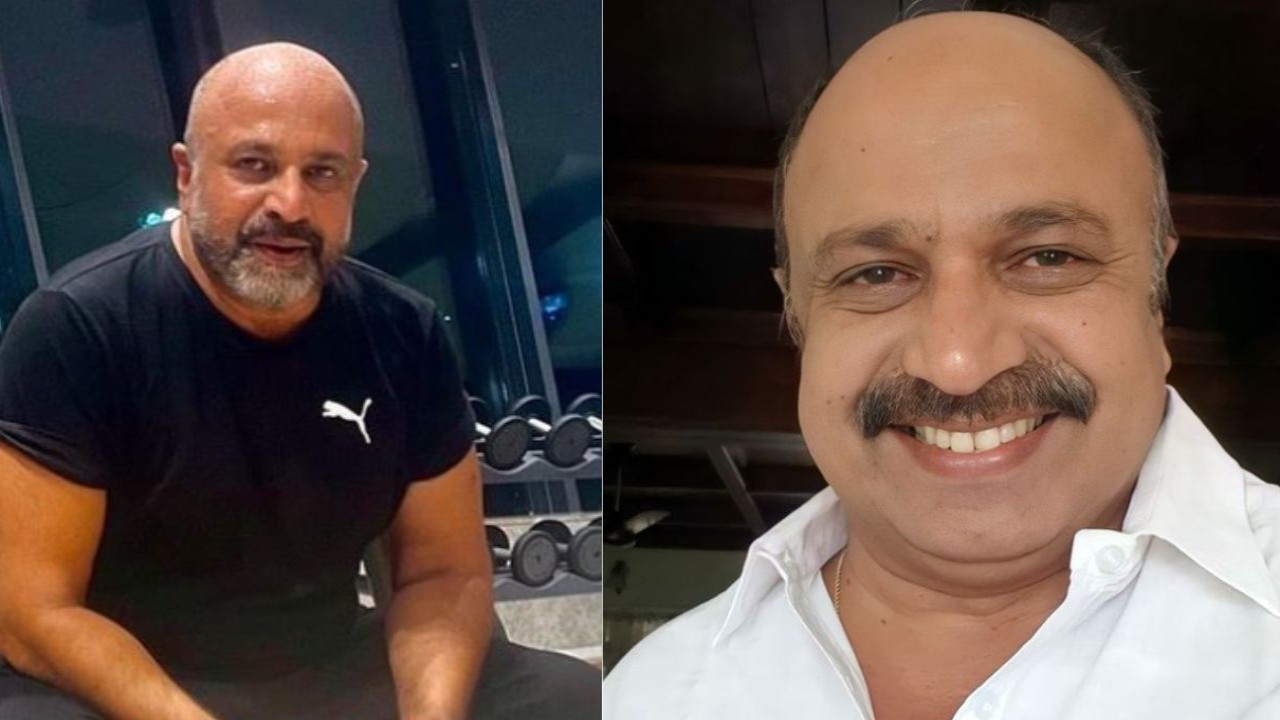The Supreme Court recently granted anticipatory bail to Malayalam actor Siddique in a rape case filed against him by an actress. The case revolves around an alleged incident from 2016, where the complainant accused the actor of raping her at the Mascot Hotel in Thiruvananthapuram. The allegations were initially posted by the actress on Facebook in 2018, but she only formally filed the complaint in 2024. During the Supreme Court hearing, the bench questioned the delay, asking why the complainant waited eight years to take action.
The actor’s defense argued that the complainant had made similar accusations against others in 2018, without filing formal complaints, and that these posts on social media undermined the credibility of the allegations. In contrast, the complainant’s lawyer highlighted the emotional and social backlash the survivor faced, which delayed her decision to come forward. The court also noted that the survivor’s statements came after the publication of the Justice K Hema Committee’s report, which exposed widespread sexual harassment in the Malayalam film industry.
The Supreme Court directed Siddique to cooperate with the investigation and surrender his passport. While granting him bail, the court emphasized the importance of investigating the case thoroughly, considering the serious nature of the accusations and the public implications it could have on the actor’s reputation

On November 19, 2024, the Supreme Court granted anticipatory bail to Malayalam actor Siddique in a rape case filed by a young woman. The Court’s decision followed a lengthy legal battle in which Siddique’s earlier anticipatory bail plea had been rejected by the Kerala High Court. The case dates back to an alleged assault in 2016, though the complaint was only filed in August 2024. The survivor had previously posted on Facebook in 2018, alleging sexual abuse by Siddique, along with 13 other individuals, but had not initially filed a formal police complaint.
The Supreme Court bench, led by Justice Bela M. Trivedi, questioned why the survivor had made public posts about the assault on social media but had not approached the police sooner. The Court noted that while delays in filing complaints are common, the survivor’s use of Facebook to share the details raised concerns. Senior advocates representing Siddique argued that the delay in the complaint was politically motivated, suggesting it was connected to tensions within the Malayalam film industry, particularly involving the MeToo movement following the Hema Committee report-
In contrast, the survivor’s lawyer highlighted the emotional and social barriers many victims face, emphasizing the courage required to come forward with such serious accusations. Siddique’s defense also sought to discredit the survivor, suggesting that her social media posts showed she was not a “vulnerable” victim. However, the Court still granted bail, imposing conditions like the surrender of his passport and cooperation with the investigation



